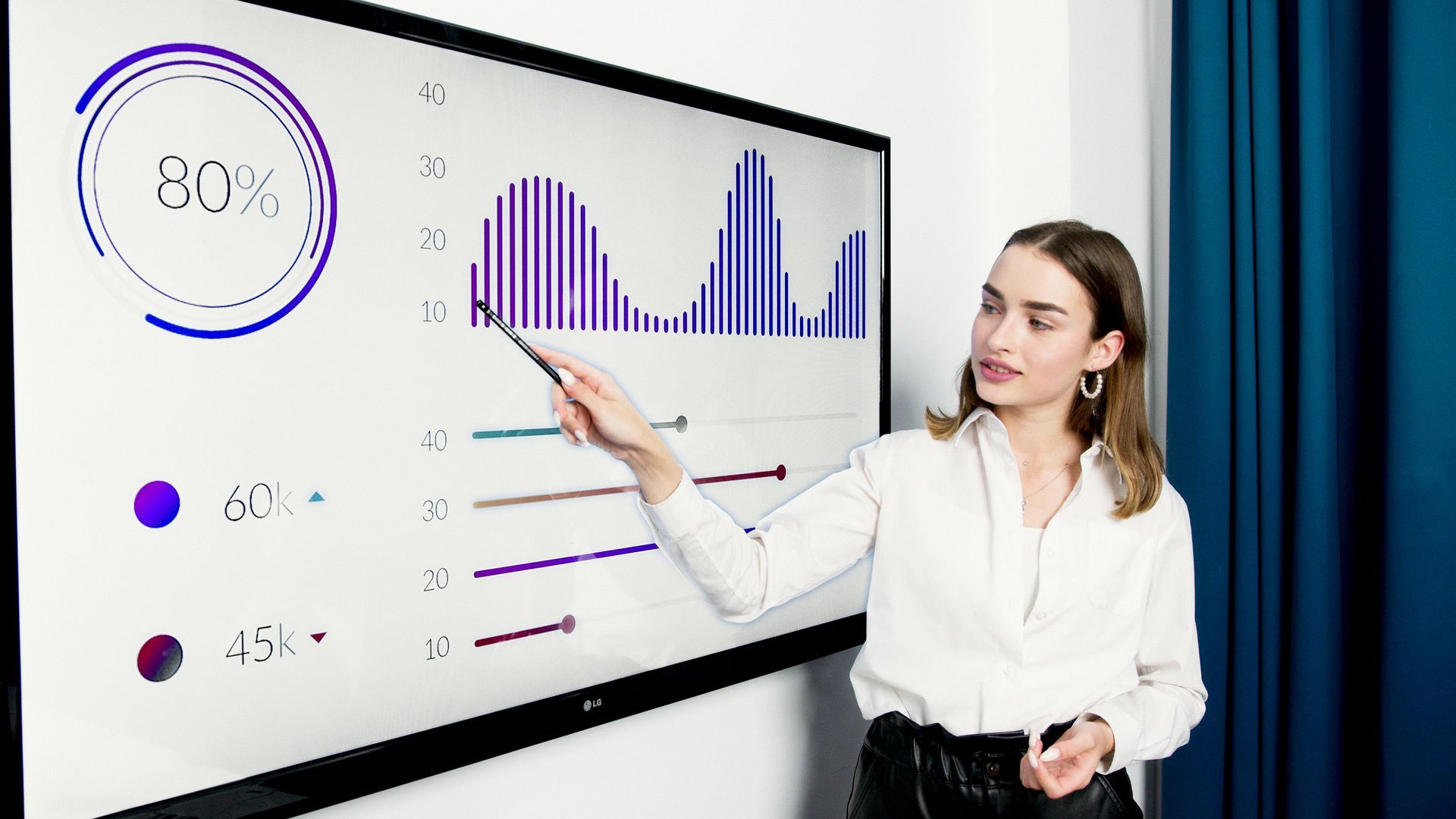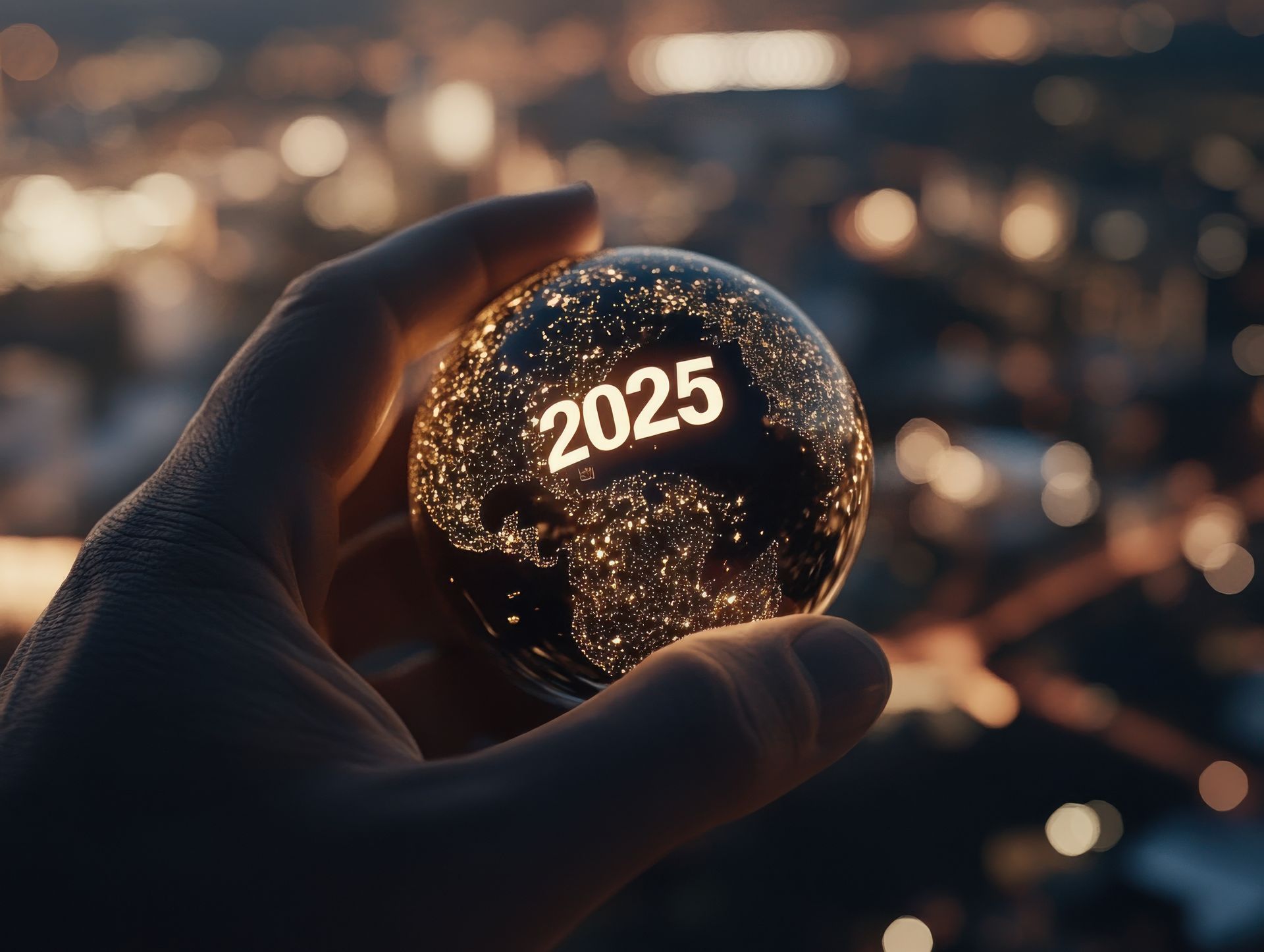B2B ‘Influencers’: Are They Anything New?

When it comes to content creation in the realms of B2C, brands are putting a lot of time and effort into making ‘influencer’ marketing work for them. The idea is simple - consumers are more likely to put stock in the advice of someone they consider a peer than they are an organisation, which has a goal of trying to sell to them, and it looks to harness those with large audiences to spread their brand message.
Both a pro and con of influencer marketing is that the influencer is somewhat out of the sphere of control of the brand - the content is generated by the influencer in their own style and is put across in a tone of voice that is distinctly their own. While a good influencer will ensure that the brand’s needs are met, you don’t have to spend much time on the web to find an example of bad influencer marketing.
The perception, and even the label, of what an influencer is may put off some brands in the B2B sector from looking to engage with the idea, however that does shut the door on emulating the success that some brands have had within the B2C market.
And, according to Mike Neumeier, Chief Marketing Officer at Arketi group writing for Forbes, the use of ‘influencers’ has likely been a part of your marketing strategy for years: “The labels may be different today, but the principle is familiar - capitalise on a trusted independent voice to capture audience attention and talk meaningfully and substantively about your product.”
This maybe an expert in the field that has been hired for a panel, a webinar or to provide comment for a particular campaign, but the point at which this enters a new realm is in letting the influencer create content for the brand which is marketed through their own channels. Influencer marketing is undoubtedly most concerned with harnessing the power of social media, and while you use the collaboration as part of your own strategy, its most powerful addressing the influencers direct sphere of influence.
So what should you consider when thinking about working with an influencer in the B2B sector. First is to reframe that term, and forget the idea of working with a social media celebrity. For the B2B sector, your selection of influencer should not be based on who has the largest following - after all, your business may target a smaller niche within the sector in which you operate.
Instead, as Neumeier puts it: “Consider whose voice will attract the audience most likely to take action rather than whose megaphone is the largest or loudest… Researchers, think-tank leaders, analysts and other microinfluencers with small but dedicated followings make great partners.”
Choosing the right fit for your B2B audience will be apparent, as when using influencer marketing, brands are now looking not just at the potential audience that it may reach, but also the level of engagement it will create.
This is the measure of the mark of how many people are actively engaging with your message, taking note and therefore the measure of what effect it may have. The efficacy of influencer marketing is still something that is continuing to develop, but it a smaller segmented market, it may be the place to put some budget to test out the effects for your brand.
Get expert reputation management
advice today with London Agency Flourish PR











